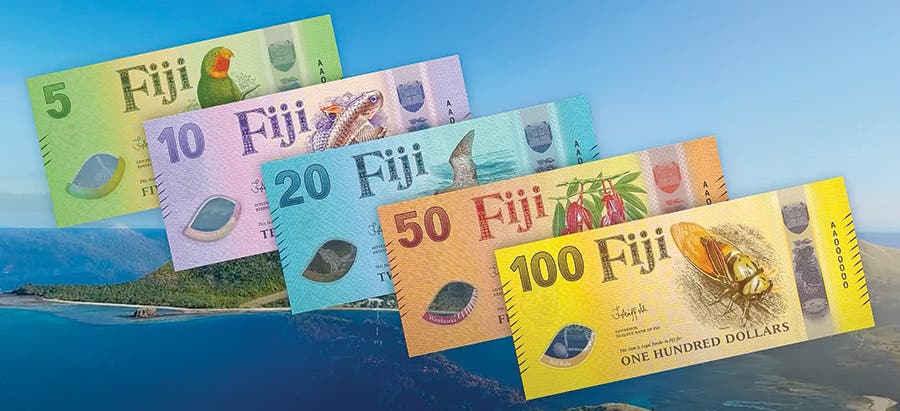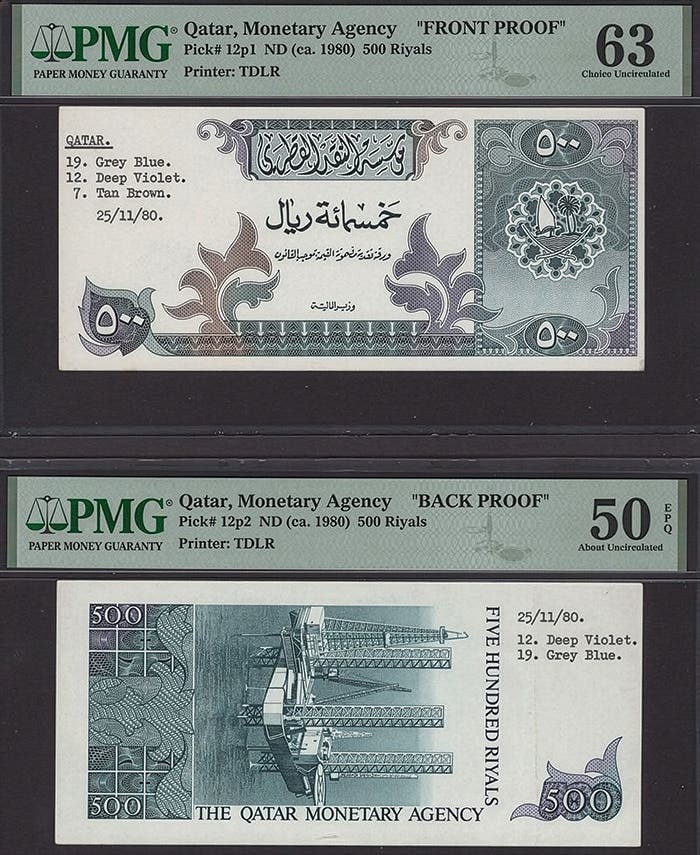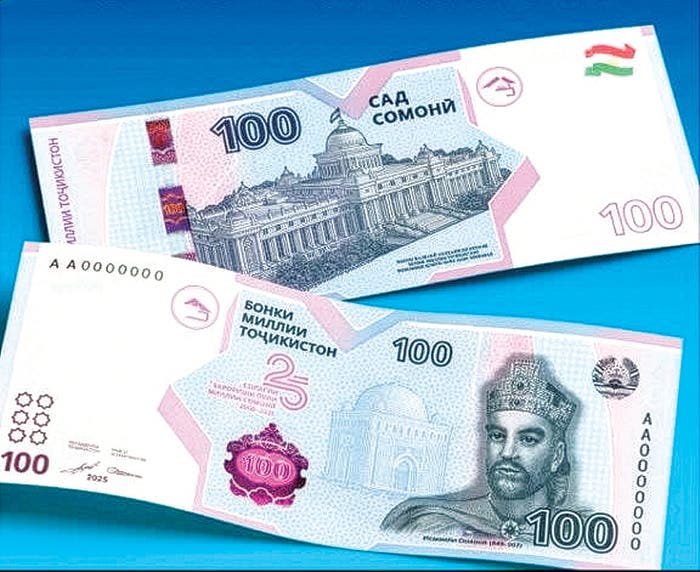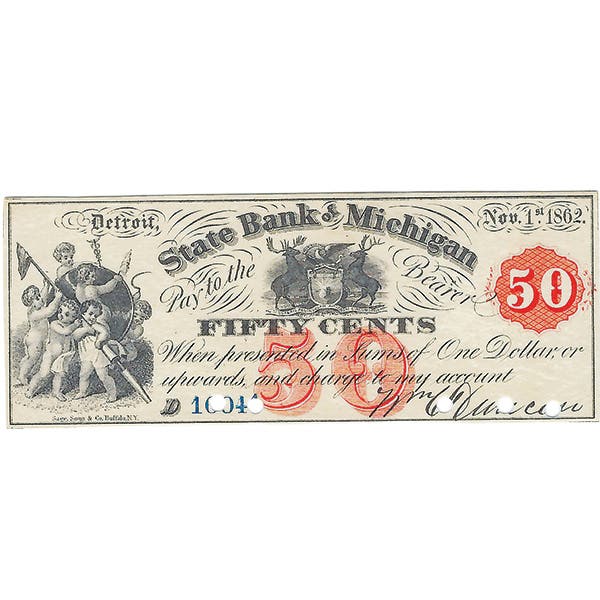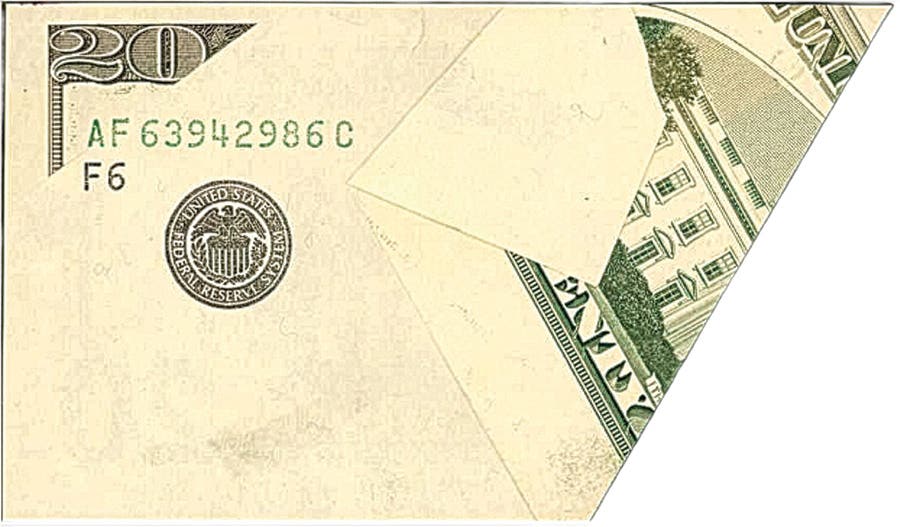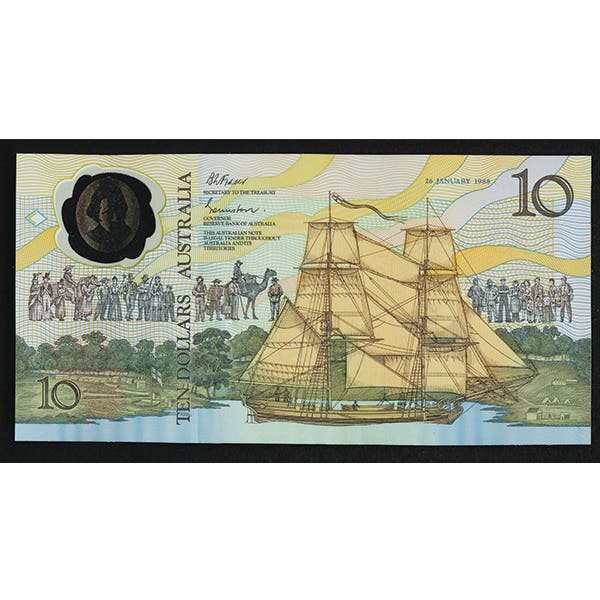Dollars or Lollars
If you deposit a dollar into your bank account, you expect you can withdraw a dollar in value from that account at some later date. Not so, if you deposit…
If you deposit a dollar into your bank account, you expect you can withdraw a dollar in value from that account at some later date. Not so, if you deposit that dollar into your bank account in Lebanon.
Lebanon’s pound has plunged more than 95 percent in exchange value from its official exchange rate three years earlier. This resulted in the nation having a multitude of exchange rates depending on the individual situation to be addressed. U.S. dollars that have been deposited were only able to be withdrawn at official values in Lebanese pounds.
On Sept. 28 the official exchange rate replaced the 1,507 per dollar rate adopted 25 years ago with a rate of 15,000 to the dollar in a step towards unifying numerous exchange rates. Now bank accounts have been frozen. On Oct. 7 several news sources reported local citizens robbing banks or demanding their money through demonstrations and protests.
Lebanon Central Bank Governor Riad Salameh said, “Lebanon has entered a new phase and is no longer using an official U.S. dollar exchange rate that makes no sense ... Now we have one that is useful, based on which you can steer the economy toward a better situation.”
The meltdown has continued. Bank depositors are now calling the few withdrawals they can make as ‘lollars.’
This financial crisis has led to a monetary disobedience campaign dubbed Currency of Corruption. The campaign encourages people to print their own money to raise awareness to the government corruption that created this problem.
The Lebanese Transparency Association released a statement: “We will not adapt to this mockery anymore, we are #NotPayingThePrice.”
Advertising agency Leo Burnett partnered with Lebanon-based British artist Tom Young to design the lollar scrip. The scrip was initially meant to encourage voters to pick their choices carefully during elections this past May. The election is history, but the lollar scrip and inflation are not.
At the time of the election LTA Communications Officer Hazar Assi said, “When people vote they should make a choice based on accountability and rejection [of] the corruption that is affecting all of our lives.”
Young’s scrip features the deadly August 2020 explosion at a port, forest fires, solid waste pollution, and shortages. The scrip can be withdrawn from at least one fake Automated Teller Machine in a Beirut main square.
The scrip is about the same size as our U.S. Federal Reserve Bank notes. The back of each features Lebanon’s Central Bank Building, modified to appear to be in ruins. The vignette is accompanied by the legend “The Lollar Bank.”
The front of the 1-lollar note features a train rusting at the Tripoli Mina station. Lebanon’s train system hasn’t been operable since 1989. Despite this inconvenient fact the railway administration department continues to pay wages to 300 employees.
Endless queues at gas stations are featured on the 5-lollar note, this vignette meant to protest the fuel cartels. Cars waiting for gas have been blocking streets throughout Lebanon since 2021.
Garbage has become an environmental crisis in Lebanon. Garbage piles up, then is dumped into the ocean and other inappropriate places by well-connected companies that have contracts with the government. Garbage continues to pile up in many places where the government no longer pays the contractors. This dilemma is celebrated in the vignette on the front of the 10-lollar scrip note.
The cedars of Lebanon are well known since Biblical times. The 20 lollar depicts a vignette of these forests burning. Lebanon has not maintained its firefighting equipment and has increasingly required assistants from neighboring countries.
Not to be outdone, the 50 lollar protests the power shortages plaguing the country. Electricity is commonly only available for a few hours daily, while well connected parties obtain fuel and sell electricity at exorbitant rates.
The 2,750 tons of ammonium nitrate that exploded August 4, 2020, at the port in Beirut and left more than 300,000 people homeless has been saved as the subject for the 100-Lollar scrip note.
The scrip may not be real money, but what appears on the vignettes is real. So is the inflation gripping the nation documented on the scrip. Once again events are documented for posterity by our money.




